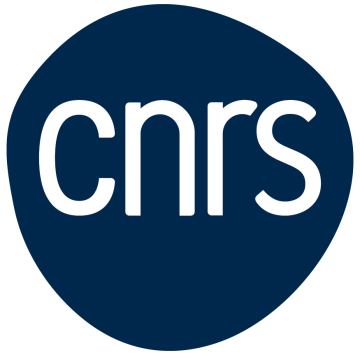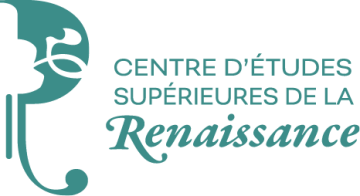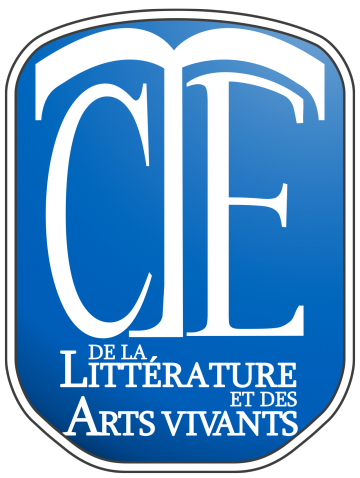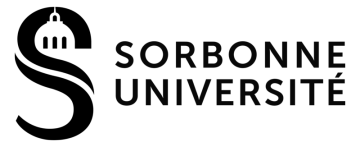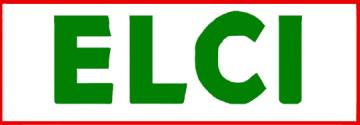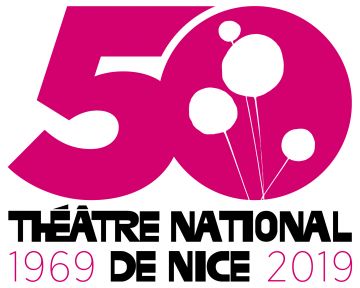A multidisciplinary research seminar co-organised by the CMBV, the Centre for Renaissance Studies (Tours University), Côté d’Azur University and the CTEL (Literature & Performing Arts research centre), in collaboration with the ELCI (Italian Literature & Culture research team) at the Sorbonne University and the Théâtre National de Nice.
The seminar serves as a platform for reflection on the circulation of artistic practices between institutional and private theatres in Paris under the Ancien Régime. The movement is examined from three key angles – namely, the migration of people; the sharing of visual and sound effects; and the circulation of themes, genres and dramatic forms. This approach re-examines how the 17th and 18th century shaped theatrical practices, aesthetics and poetry.
Carrying on from the first in the series in 2019 which focused on institutional, public and professional theatres (the Comédie-Italienne, Comédie-Française, Académie Royale de Musique and Paris fairground theatres), in 2020 the field of research broadens to include non-institutional and non public venues such as Collège, salon and royal court theatres. Where did amateur theatres source artists to perform in public theatres? And, conversely, which professional artists gravitated towards the Jesuit colleges, royal court and private Paris salons? How did theatrical works, genres and artists circulate? And, in practical and aesthetic terms, how did such movements contribute to the Parisian and French theatre scene under the Ancien Régime?
Expectations of Theatre Artists & Technicians
As witnessed by the capricious demands of singer Antoinette de Saint-Huberty and Lekain’s Mémoires instructing the Gentilshommes de la Chambre , those involved in the business of theatre had clear expectations. [...]
3rd ThéPARis seminar
The third edition of the ThéPARis research seminar aims to broaden its scope of investigation. After a first part (2019) dedicated to the significant spaces 'between' institutional, public and professional [...]




